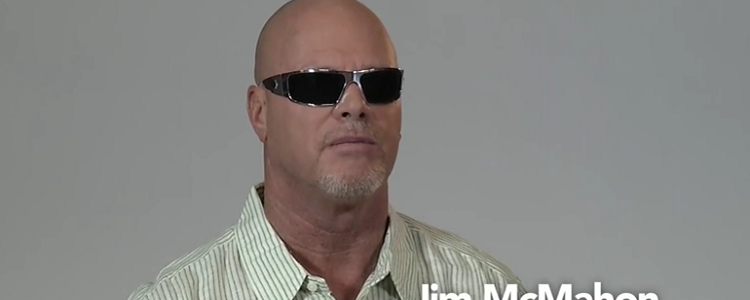Super Bowl Champion Jim McMahon Campaigns For Cannabis Legalization
The Campaign to Regulate Marijuana Like Alcohol in Arizona will air a new TV ad in support of Prop. 205 during the Thursday Night Football matchup between the Chicago Bears and Green Bay Packers. It features Super Bowl champion quarterback Jim McMahon, an Arizona resident who began his career with the Bears in 1982 and ended it with the Packers in 1996. He also spent a season with the Arizona Cardinals.
The ad begins with McMahon describing his first major injury, which occurred during his second season. “That’s when I started using painkillers, and I was using them daily, pretty much the rest of my career,” he says. “It takes its toll. I was taking too many of those things.”
He then discusses how he “got rid of those” and has “been using marijuana ever since” he retired, moved to Arizona, and enrolled in the state’s medical marijuana program.
“Someone like me can afford to become a medical marijuana patient, but others aren’t so lucky,” he points out. “Marijuana should be available to all adults who need it. I’m voting ‘yes’ on Prop. 205 and hope you will, too.”
Most patients who qualify for Arizona’s medical marijuana program must pay $150 to receive a medical registry identification card, which must be renewed annually at a cost of $150. Many patients also need to pay for appointments with their doctors or with specialists to obtain a medical marijuana recommendation. This includes most veterans, due to a federal directive from the Veterans Health Administration that prohibits VA physicians from recommending medical marijuana, even in states that have made it legal.
Arizona’s medical marijuana law also does not cover patients suffering from several medical conditions that are covered by other states’ medical marijuana laws, including Parkinson’s disease, lupus, muscular dystrophy, and traumatic brain injury.
“We are grateful to Jim McMahon for sharing his story with the voters of Arizona,” said CRMLA Chairman J.P. Holyoak. “Our opponents try to argue that we should not make marijuana legal during the current opioids crisis. But Jim conveys an actual truth: the availability of marijuana can help reduce the use of opioids in our society.
“Jim also makes an important point about the cost and availability of medical marijuana,” Holyoak said. “Prop. 205 will make this therapeutic substance available to many Arizona adults who could benefit from it but have trouble accessing it. This is just one of the many reasons to support ending prohibition and regulating marijuana like alcohol.”

